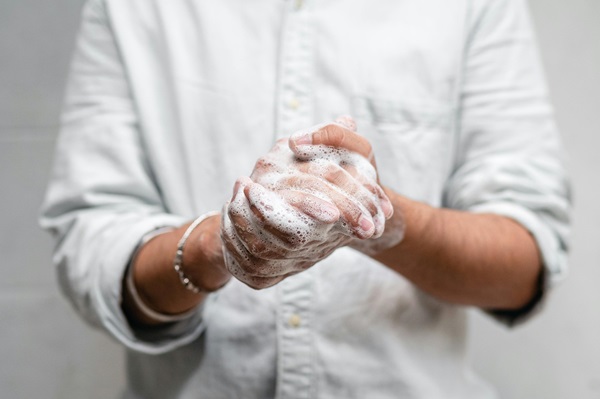 Credit: Pexels
Credit: Pexels
Ahead of the occasion of World Hand Hygiene Day, on 5 May, Luxembourg’s Ministry of Health and Social Security took the opportunity to raise awareness of the importance of washing one’s hands.
Initiated by the World Health Organization (WHO), this global campaign aims to encourage healthcare professionals and the general public to adopt good hand hygiene practices in order to reduce the spread of infections.
Worldwide, millions of people contract infections while receiving healthcare each year, but this could be prevented with simple actions, the ministry stressed. Hand hygiene is essential to prevent the transmission of germs and the occurrence of infections.
To minimize the risk of healthcare-associated infections, the WHO recommendation addressed to healthcare professionals, when providing healthcare, is to systematically disinfect their hands using a hydroalcoholic solution.
Healthcare professionals must serve as an example and also raise awareness among their peers and patients of these good practices, the ministry stressed.
Good hand hygiene does not only concern healthcare professionals, however. It is also important for patients, especially residents or visitors to hospitals, care and accommodation structures for the elderly, and also the entire population in their daily lives.
When to wash your hands
This simple gesture applies to everyone in their daily life. Hands should be washed several times a day with soap and water, especially in these situations:
- when the hands are dirty;
- before eating and/or drinking;
- before and after cooking;
- after going to the toilet (and after changing a diaper or helping another person use the toilet);
- after blowing one’s nose, coughing or sneezing;
- after touching an animal.










